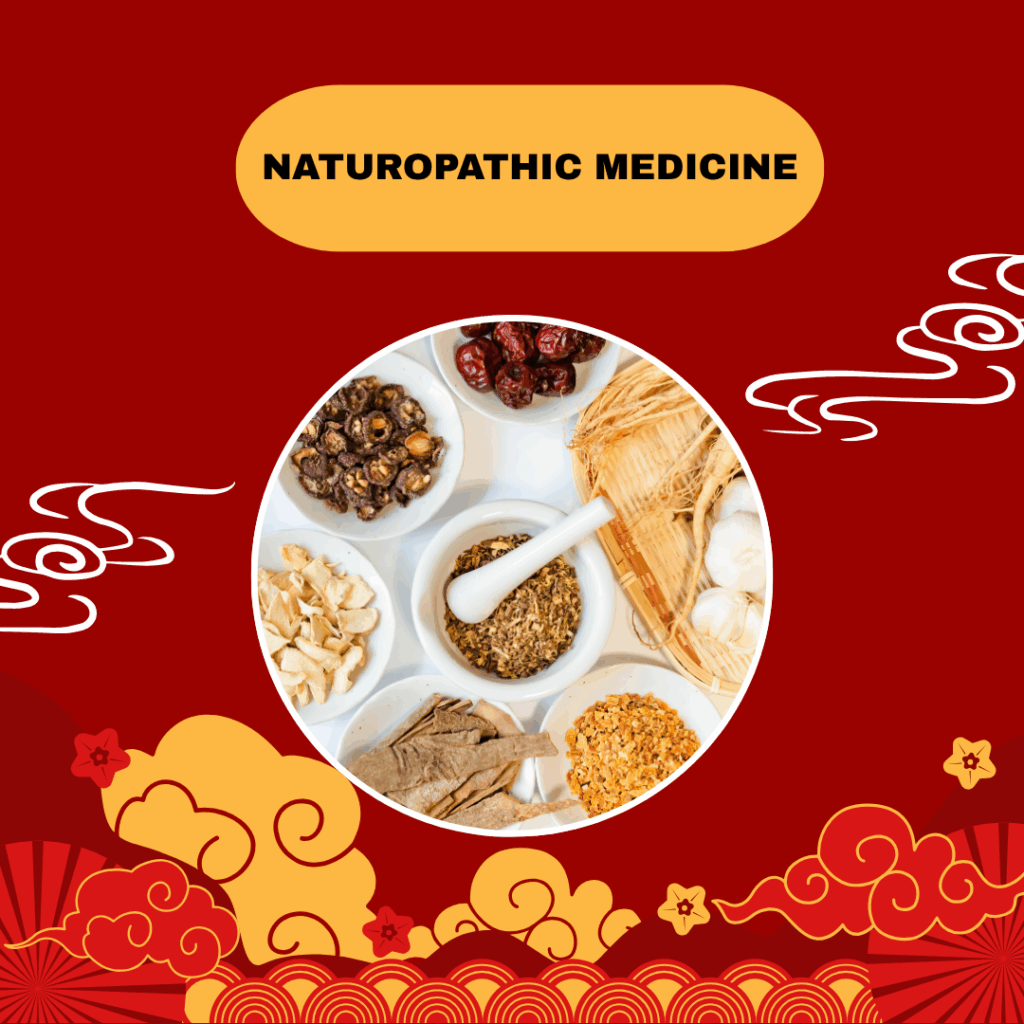
Naturopathic Medicine
1. Introduction to Naturopathic Medicine
Naturopathic medicine is a holistic approach to healthcare that combines traditional healing methods with modern scientific knowledge. It emphasizes prevention, natural therapies, and the body’s inherent ability to heal itself. Naturopathic doctors (NDs) use a variety of treatments, including herbal medicine, nutrition, acupuncture, hydrotherapy, and lifestyle counseling, to address the root causes of illness rather than just suppressing symptoms.
With the rise of chronic diseases, mental health challenges, and the limitations of conventional medicine, more people are turning to naturopathy for sustainable health solutions. Advances in digital health platforms, such as iListen (a health-tech tool for patient engagement)
2. Principles of Naturopathic Medicine
Naturopathic medicine is guided by six core principles:
- The Healing Power of Nature (Vis Medicatrix Naturae) – The body has an innate ability to heal.
- Identify and Treat the Cause (Tolle Causam) – Focus on underlying causes rather than symptoms.
- First, Do No Harm (Primum Non Nocere) – Use the least invasive treatments first.
- Doctor as Teacher (Docere) – Educate patients for long-term wellness.
- Treat the Whole Person (Tolle Totum) – Address physical, mental, emotional, and spiritual health.
- Prevention (Preventare) – Proactively prevent disease through healthy living.
These principles shape naturopathic clinical practice, ensuring patient-centered, sustainable healthcare.
3. Clinical Implications of Naturopathic Medicine
Naturopathic medicine has significant clinical implications in various health domains:
A. Chronic Disease Management
- Diabetes & Metabolic Syndrome: Naturopathic interventions include dietary modifications, herbal supplements (e.g., berberine, cinnamon), and stress management.
- Cardiovascular Health: Focus on anti-inflammatory diets, omega-3 fatty acids, and mindfulness practices.
B. Mental Health & Stress Management
- Anxiety & Depression: Use of adaptogenic herbs (ashwagandha, rhodiola), acupuncture, and cognitive-behavioral techniques.
- Stress Reduction: Hydrotherapy, meditation, and breathwork to regulate cortisol levels.
C. Digestive Health
- Gut-Brain Axis: Probiotics, fermented foods, and elimination diets to improve microbiome health.
- Irritable Bowel Syndrome (IBS): Peppermint oil, fiber modulation, and stress reduction techniques.
D. Women’s & Men’s Health
- Hormonal Balance: Phytoestrogens (flaxseeds, black cohosh) for menopause, and maca root for fertility.
- Prostate & Reproductive Health: Saw palmetto, zinc supplementation, and lifestyle modifications.
E. Immune System Support
4. Advances in the Naturopathic Way of Life
Modern naturopathy integrates cutting-edge research and technology:
A. Personalized Nutrition & Nutrigenomics
- DNA-based dietary recommendations to optimize metabolic health.
- Use of AI-driven platforms to tailor supplement regimens.
B. Biofeedback & Neurotherapy
- Wearable devices (Oura Ring, WHOOP) to monitor stress and recovery.
- EEG-based neurofeedback for ADHD, anxiety, and cognitive enhancement.
C. Digital Detox & Mindful Technology Use
- Balancing screen time with nature immersion for mental well-being.
- Apps like iListen for guided naturopathic consultations and patient adherence.
D. Eco-Therapy & Nature-Based Healing
- Forest bathing (Shinrin-Yoku) for stress reduction.
- Green prescriptions (outdoor activity as medicine).
5. Integrating Naturopathic Medicine into Modern Healthcare
Collaborative Care Models: NDs working alongside MDs in integrative clinics.
- Insurance Coverage & Policy Advocacy: Expanding access to naturopathic treatments.
- Research & Evidence-Based Practice: More clinical trials validating naturopathic protocols.
6. Challenges and Future Directions
- Regulatory Hurdles: Licensing variations across regions.
- Public Awareness: Dispelling myths about naturopathy.
- Tech Integration: Ensuring ethical use of AI in holistic care.
7. Conclusion
Naturopathic medicine offers a sustainable, patient-centered approach to health, blending ancient wisdom with modern science. Advances like iListen, while research continues to validate its efficacy. As healthcare evolves, naturopathy will play an increasingly vital role in fostering holistic well-being.